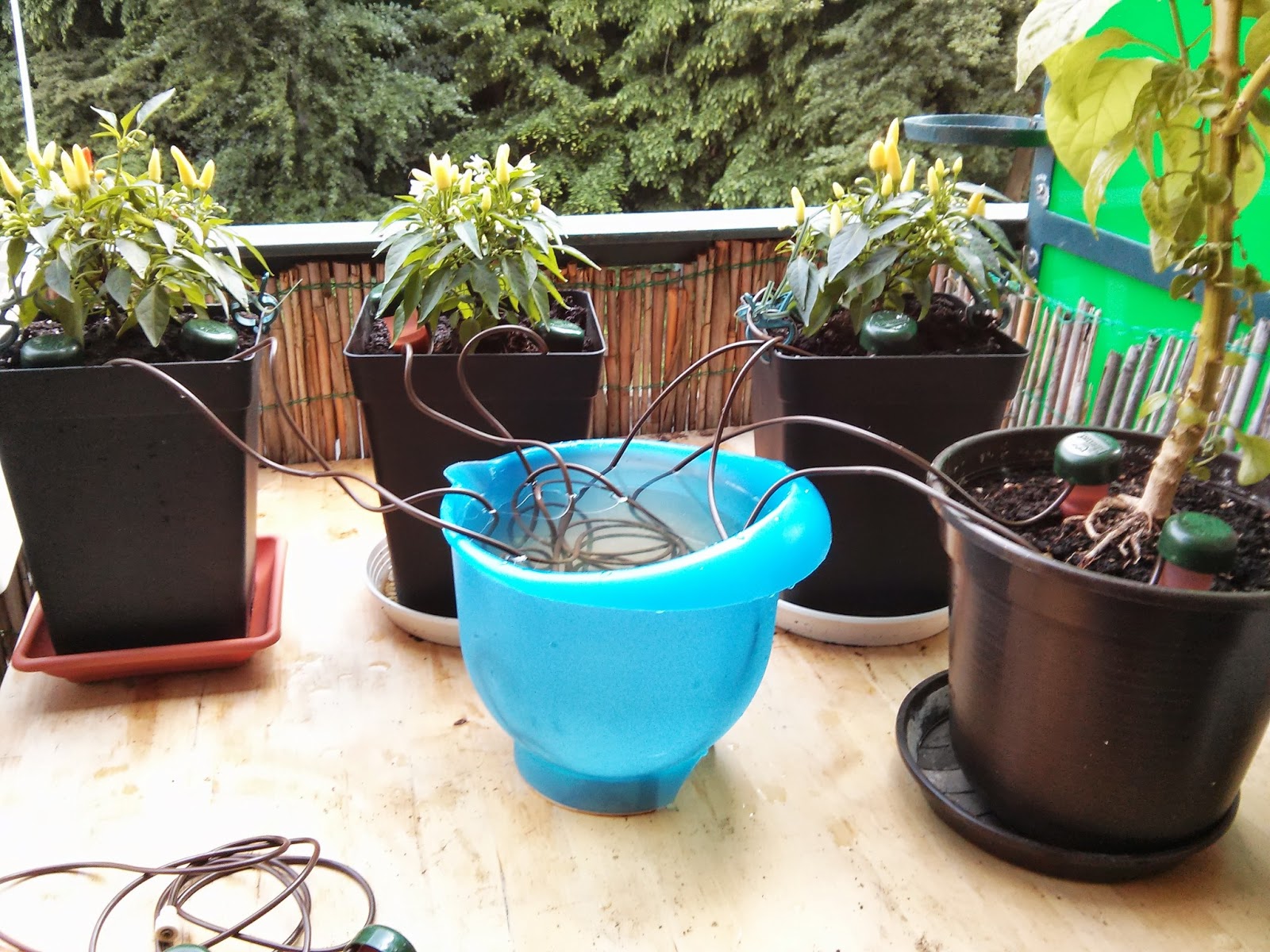
visit to wittenberg gemã¼se gmbh - tomato cultivation in the greenhouse my name is huub van den homberg. i'm from the netherlands and i work as the production manager at wittenberg gemã¼se. tomatoes are planted on an area of ​​15 hectares here. from very small snack tomatoes to larger vine tomatoes. wittenberg was chosen because not many tomatoes are grown in the vicinity. we are located near an agro-chemical park, which supplies us with heat and co2. normal air has about 300 ppm co2. in the greenhouse, we have about 500 to 600 ppm with the vents open. the plants use light and co2 for growth, and that gives the tomatoes their sweet taste as well.
we have about 600,000 plants on 15 hectares of land. now that we are getting into the season, we produce 40,000 to 50,000 kg of tomatoes a day. the tomatoes are sold mainly here in the region. planting takes place around the 10th of december. the plants come from the netherlands and are about 15 cm tall at that point. at the beginning of january, the workload increases steadily. at the moment there are about 40 people working on the plants and another 30 people for the harvest. another 30 to 40 people are employed in the packing hall. our task all year round is to encourage the plants to grow up the string.
at the top of the wire is a hook which the string is wound onto. the people who wind it, lower the plants at the same time ... ... so that the tomatoes to be harvested are always at the same height. the side shoots are broken off. and the leaves are also cut early except for a few vines above the harvest height. the remaining leaves allow the plants to catch enough light and provide a good harvest. the season lasts for us until about mid-november. then the last tomatoes are harvested. and then we have about two to three weeks to prepare the greenhouse before the new plants arrive.
to me, a good tomato is a tomato that is really bright red. it should therefore be harvested when very ripe, to preserve all that lovely flavour. in order to grow the tomatoes optimally, the fertiliser composition, in particular, must be right. the ph of the water must be correct. because if it is too high or too low, some elements are poorly absorbed by the plant. the plants grow on a coconut substrate here ... ... they are standing here in the black boxes. the plants are irrigated using these two hoses. the water already contains fertilisers.
the fertilisers are put together as a concentrate beforehand. from 1,000 l of concentrate, we make 100.000 l of water. the fertilisers consists of major elements and trace elements. the major elements are nitrogen, potassium, calcium and magnesium. this is a reference scale. so we always know exactly what the plants absorb from the water and fertilisers. we are not organic growers. nevertheless, we use predatory wasps to control white flies. in addition, we use predatory insects.
to pollinate the flowers, we use bumblebees. they do their job really well - effectively and quietly. the tomatoes are mainly marketed regionally. for example, to regional discounters. or to small consumers here in the vicinity. we also have a factory outlet that works really well. well, the tomatoes are not sent far away. almost nothing is stored. when an order is placed with us, it is harvested directly into the packaging desired by the customer.
and when it is ready, it is immediately sent on its way.